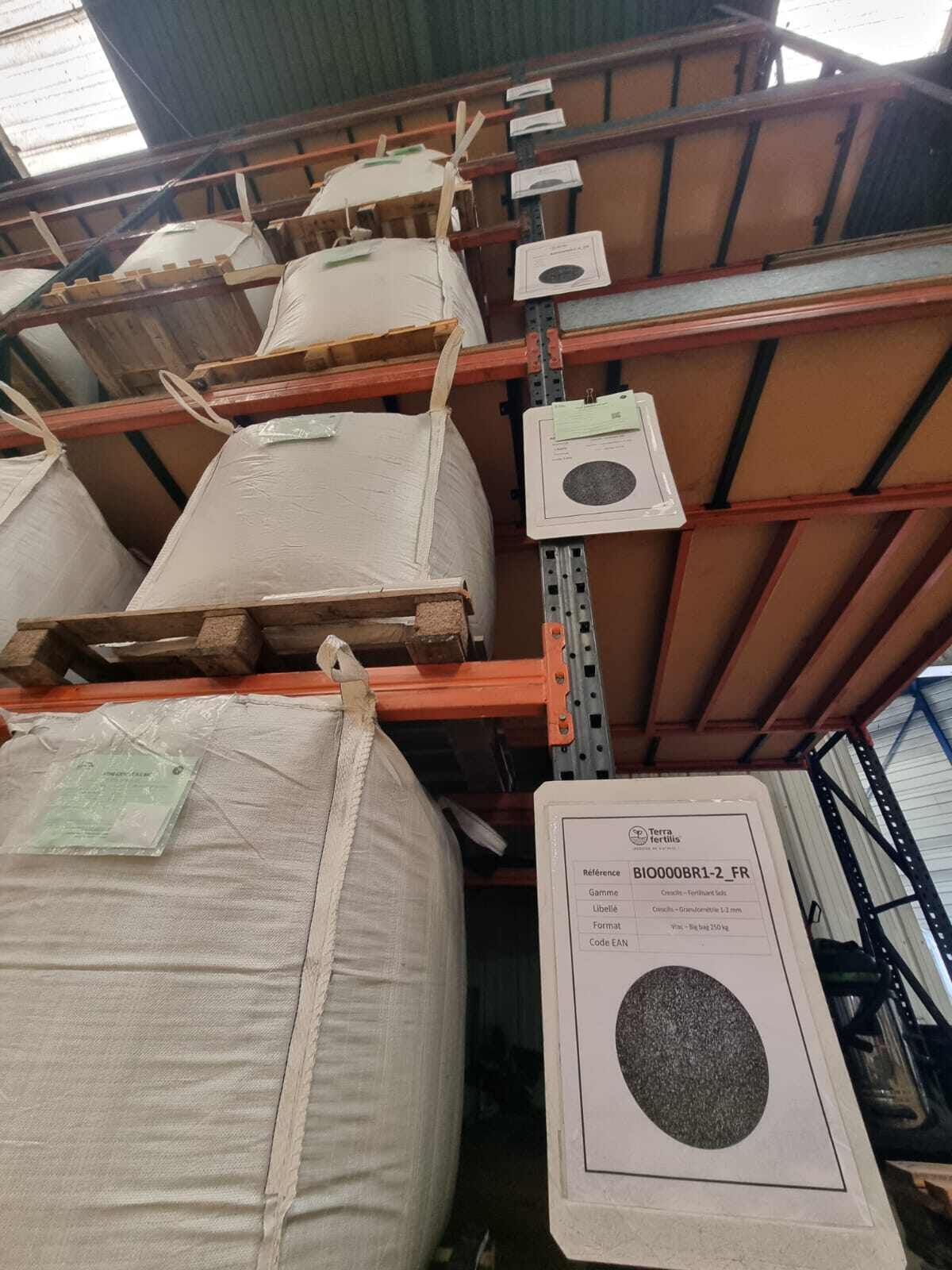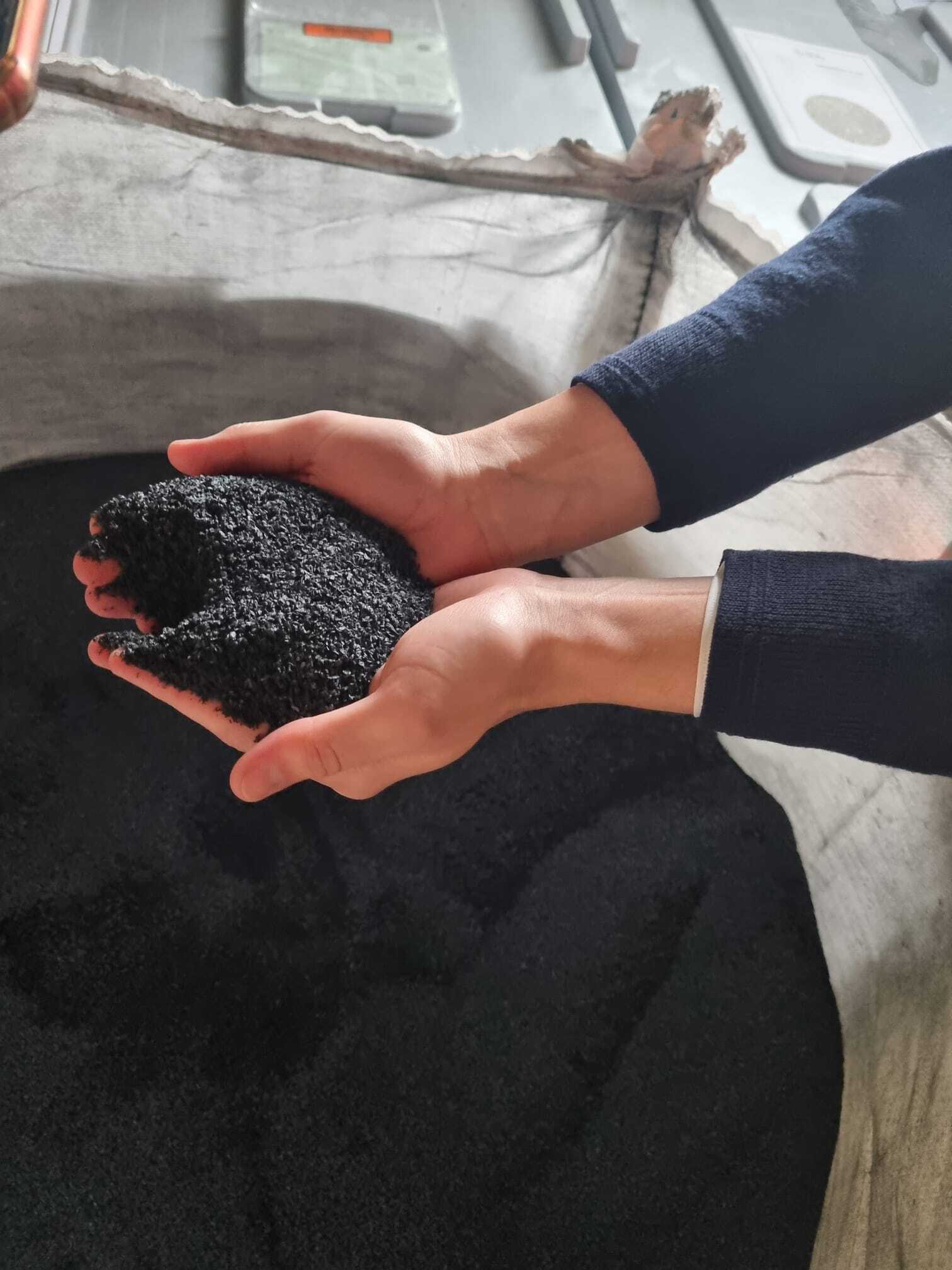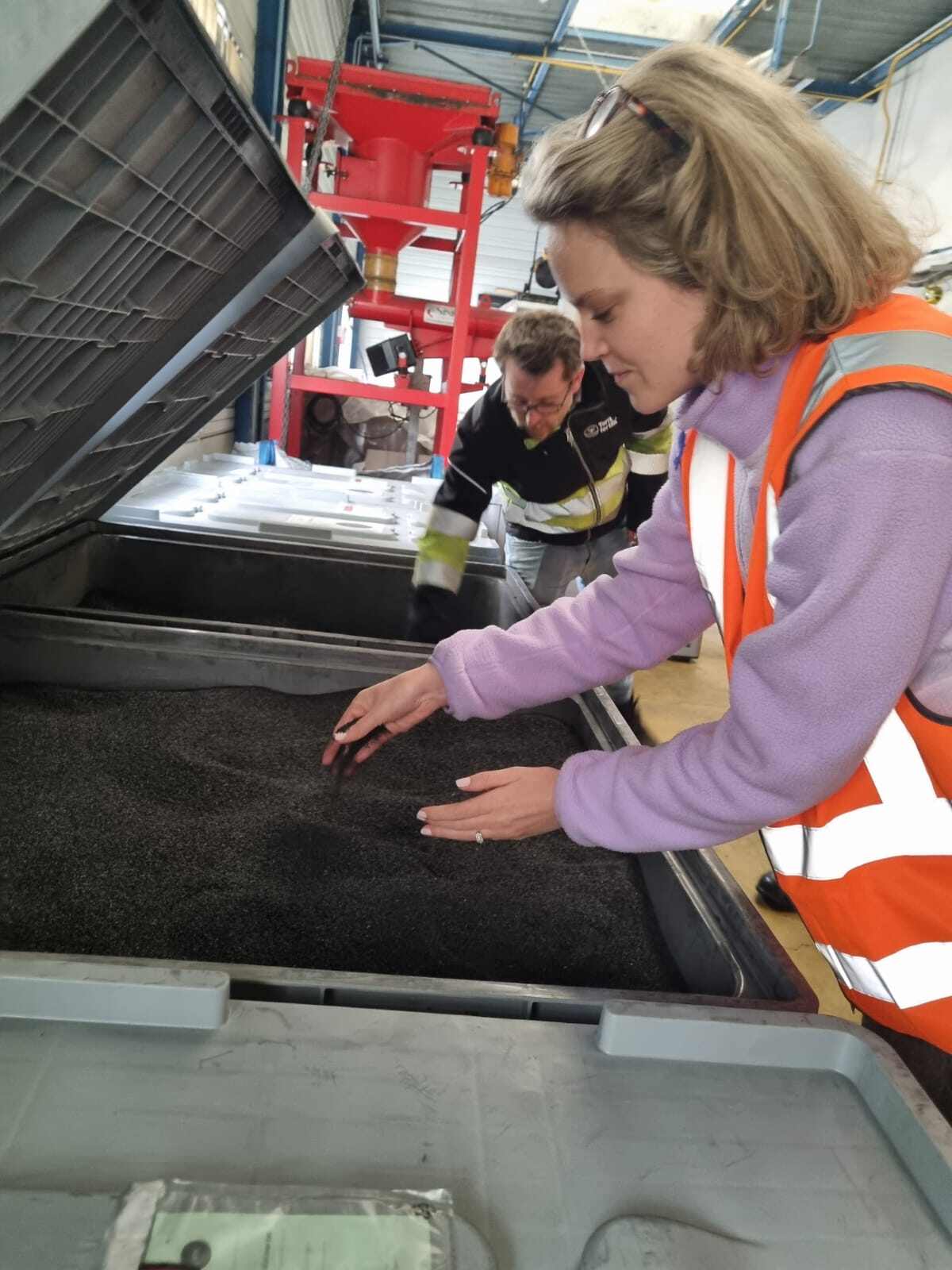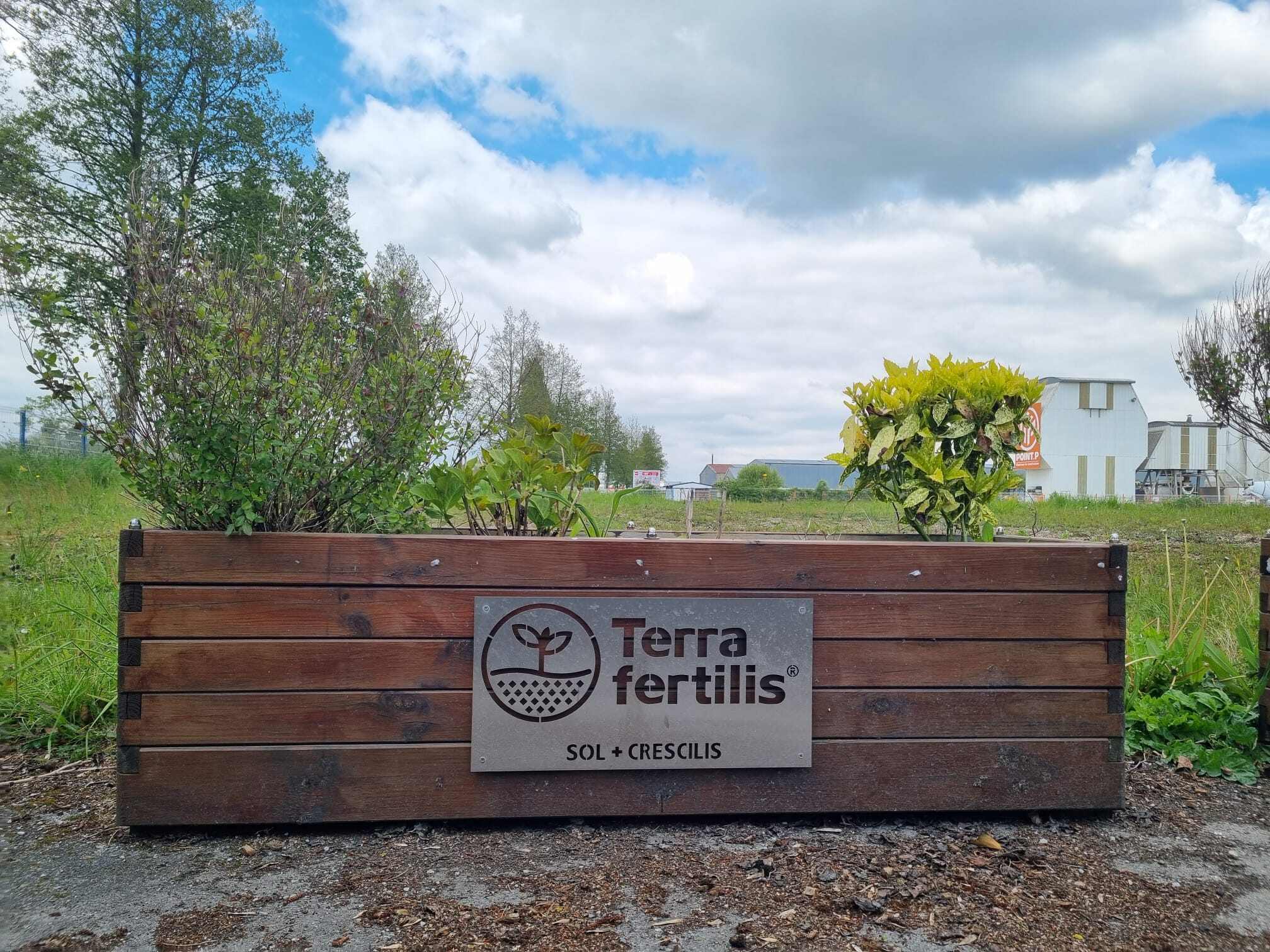
Sylva Fertilis
- Standard: Puro.Earth
- Methodology: Biochar
- Credit Type: CORC 100 +
- Facility ID: 643002406801000268
- Location: France
- Year of first issuance: 2021
- Status: Audited
- Audited by: bio.inspecta
- Spot Inventory: No
- Forward Inventory: Yes
Description
Sylva Fertilis operates a large-scale biochar production facility in Argentan, Normandy, using sustainably sourced wood pellets from northeastern France. The project supports organic and regenerative agriculture by delivering biochar-based soil improvement solutions to vineyards, farmers, and municipalities. Through its Terra Fertilis® product line, Sylva Fertilis contributes to sustainable land management, soil restoration, and climate resilience.
Feedstock
The facility uses wood pellets made from timber sourced in PEFC-certified forests near Reims. The pellets are transported approximately 360 km to the production site and are suitable for pyrolysis without further drying or processing.
Application
-
Agriculture: Used in vineyards and crop fields to enhance water retention and reduce input dependency.
Urban green spaces: Adopted by cities like Reims, Lyon, and Nancy to cut irrigation needs by 20–50%.
Soil blends: Included in soil amendment products used across organic farming and landscaping applications.
Co-benefits
- Water savings through reduced irrigation in agriculture and municipal green spaces.
- Soil regeneration, increased microbial activity, and improved nutrient cycling.
- Reduced nutrient leaching and lower demand for synthetic fertilizers.
- Job creation across the supply chain, from forestry to application.
- Support for sustainable forest management and wildfire risk reduction.
Additionality
- Environmental additionality: In the absence of the project, the wood pellets would be combusted for energy, releasing CO₂.
- Financial additionality: Carbon credit revenue—representing around 23% of the biochar revenue stream—is essential for maintaining operations, expanding production capacity, and developing new distribution channels.
- Regulatory additionality: The activities undertaken go beyond any legal requirements in France for forest residue use or carbon removal.


